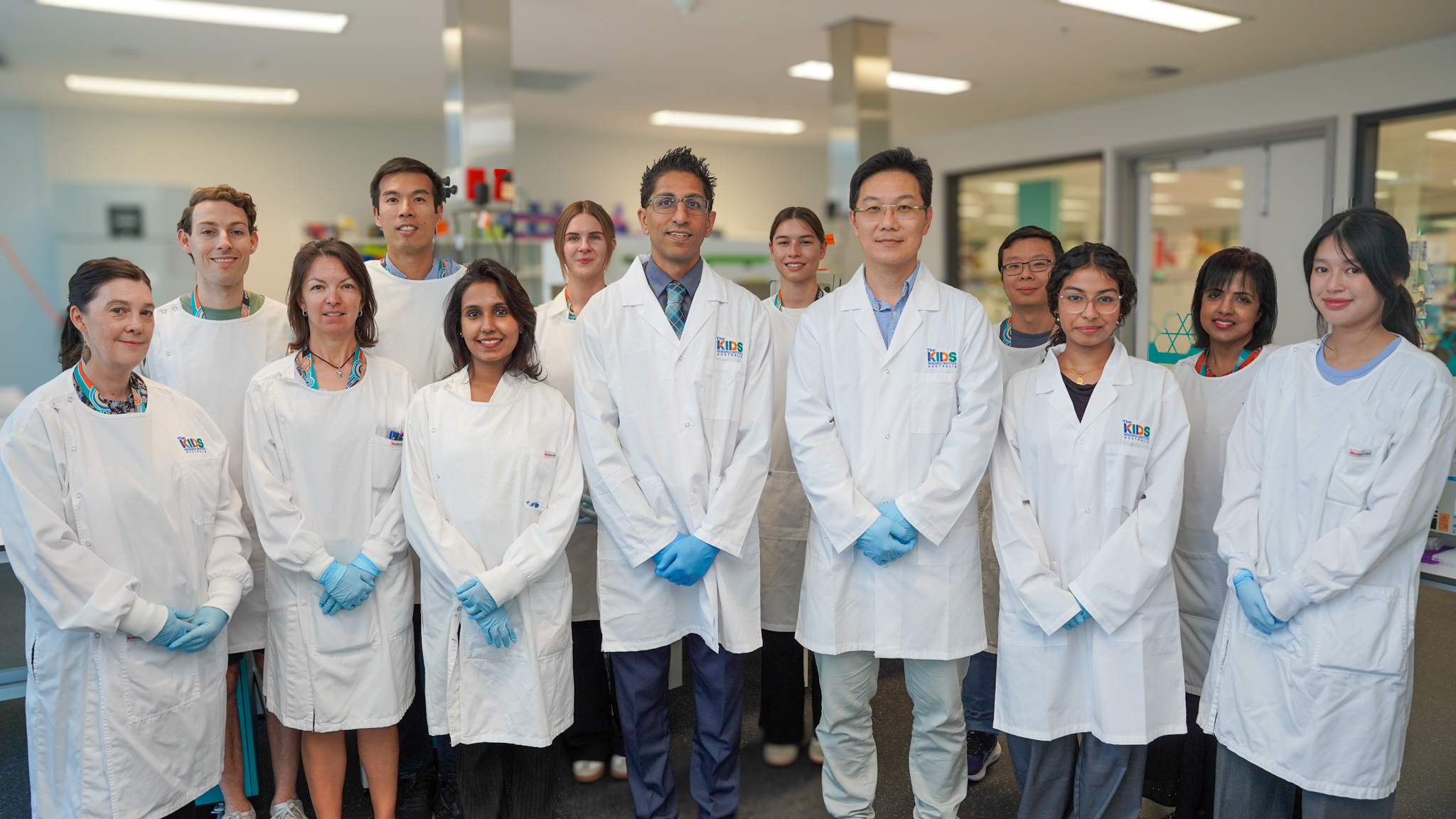Search
An international clinical trial looking at intervention with Angiotensin Converting Enzyme Inhibitors (ACEI), Statins, or a combination of both
The purpose of this study is to evaluate the safety of new system called the Medtronic MinimedTM 670G that has been designed for long term outpatient use.
The aim of this study is to see if the Medtronic hybrid closed loop system, a portable artificial pancreas is feasibly to use in the home.
A Closed-Loop System will potentially have a major impact upon acute and chronic complications of diabetes as well as upon their quality of life
Testing a feature of the MiniMed 640G insulin pump, which when used together with a real-time continuous glucose sensor can suspend and resume insulin delivery
Investigating the effect of fat and protein content of a standardised carbohydrate meal on the post-prandial glycaemic response in children with type 1 diabetes
This study is helping us to learn how type 1 diabetes develop and ways to delay and prevent it.
Using the WA Data Linkage System to provide information of the incidence and relative risk of T1D co-morbidities and mortality during early adulthood.

The main aim of our Leukaemia Translational Research Team is to test innovative therapeutic approaches, with a focus on clinical translation of this knowledge, to improve the outcomes of children suffering from leukaemia.

The vision of the Perioperative Medicine Team is to make discoveries that will improve children’s perioperative care and lead to global practice change.
